From pv magazine USA
The U.S. Department of Commerce (DoC) reports it has uncovered improper cross-border subsidies from China to curb costs of its companies’ solar technology factories in Vietnam, prompting the agency to dramatically and upwardly revise proposed duties on U.S. imports from them, according to the agency’s recently updated determinations.
The DoC applied the sharp increases to its preliminary anti-subsidy, or countervailing, tariffs announced on 1 December 2024 on solar imports from Vietnam, now the largest source of U.S. solar imports.
The agency’s latest move produced preliminary anti-subsidy rates approaching or even exceeding 100% of the value of imports for several of the best-known Chinese companies manufacturing in Vietnam, including Jinko Solar and Trina Solar. To be more precise, Commerce revised its preliminary weighted averages of duties on Jinko and Trina based on duty calculations resulting from its investigations solely into so-called mandatory respondents JA Solar and Boviet Solar.
Such revisions from DoC in trade cases sometimes arise after the agency proposes preliminary duties, as the department did on 1 December 2024 in this case, after Commerce has had more time to complete investigations it had not finished before its preliminary determination.
The department issued the revisions after preliminarily finding that China is subsidising its companies’ factories in Vietnam in the form of solar wafers and solar glass transferred at prices below market rates. Though trade litigation is subtle, intricate and controversial, subsidies are not considered inherently improper unless they, in effect, enable the government of one country to anti-competitively interfere with the domestic industry of a target export country.
But in the U.S., solar manufacturing industry’s trade cases to curb Chinese solar-industry circumvention of import duties that the American industry secured in previous cases, anti-subsidy tariffs are just one side of the coin. On the other are anti-dumping duties calibrated to offset the unfair effects of imports priced below home-country production costs or low enough to unfairly undercut the domestic industry.
The two forms of import taxes cannot simply be added together to derive total duties under the rules of trade math. But the revised and combined preliminary duties look hefty enough, if finalised, to alter the calculus of Chinese importation from Vietnam into the U.S. market.
Combined preliminary anti-subsidy duties now range from 81.03% to 217.40% for the biggest Chinese producers, according to a release from Wiley Rein, a Washington, D.C., law firm that pv magazine USA verified against DoC documents detailing the revisions.
Tim Brightbill, a Wiley Rein trade attorney who has represented domestic solar producers since 2011, said Commerce’s “substantial increases” reflect how much Vietnamese plants benefit from subsidies in the form of highly discounted wafers, solar glass and other inputs from China.
Brightbill represents the American Alliance for Solar Manufacturing Trade Committee, a coalition of more than a half-dozen domestic solar producers that brought the anti-circumvention cases over Chinese company imports from Cambodia, Malaysia, Thailand and Vietnam.
“We are pleased to see the Commerce Department forcefully addressing transnational subsidies provided by Chinese entities into Vietnam and other third countries,” he said. “This underscores the level of unfair trade that U.S. solar manufacturers have been forced to contend with.”
On a producer-by-producer basis, DoC has revised preliminary anti-subsidy tariffs on imports from Vietnam from 2.85% for Chinese producers JA Solar, Jinko Solar and Trina Solar to 27.73% for JA and 92.56% for both Jinko and Trina. The preliminary import tax on Vietnamese solar imports has leapt from zero to 157.38% for Boviet Solar.

After the revisions, the preliminary anti-subsidy and anti-dumping duty rates now combine to total 217.40% for Boviet Solar, 81.03% for JA Solar, 164.41% for Jinko Solar, 152.58% for Trina Solar and 363.84% for all others.
The preliminary rate revisions are not fully in effect, however. DoC is expected to issue its final determination on both anti-subsidy and anti-dumping tariffs on April 18. But before those rates could go into full force, the U.S. International Trade Commission would need to make a final determination that imports from the four Southeast Asian countries have materially harmed the U.S. domestic solar industry.
The commission, which made a favourable preliminary ruling on that question last June essentially to launch the cases, has scheduled a final hearing on the issue for April 15 and then can take until July 2 to render a final decision.
Author: Ben Santarris
This content is protected by copyright and may not be reused. If you want to cooperate with us and would like to reuse some of our content, please contact: editors@pv-magazine.com.
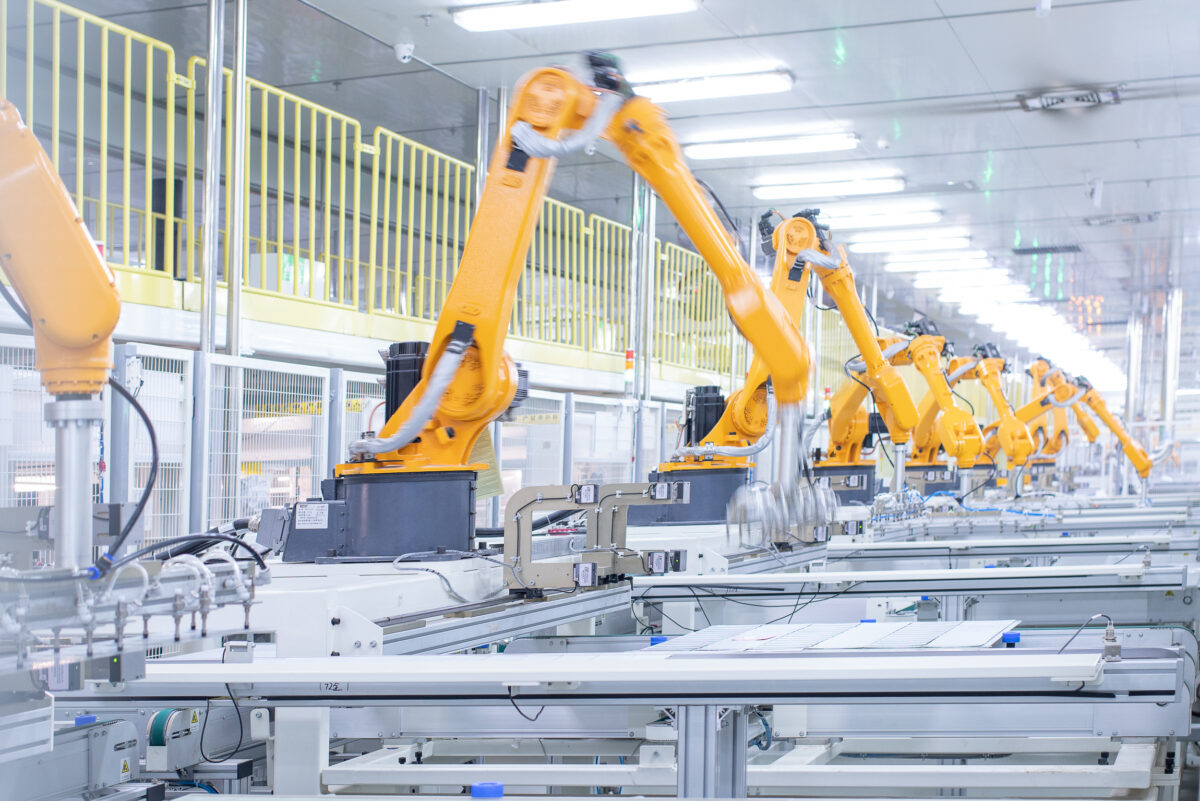
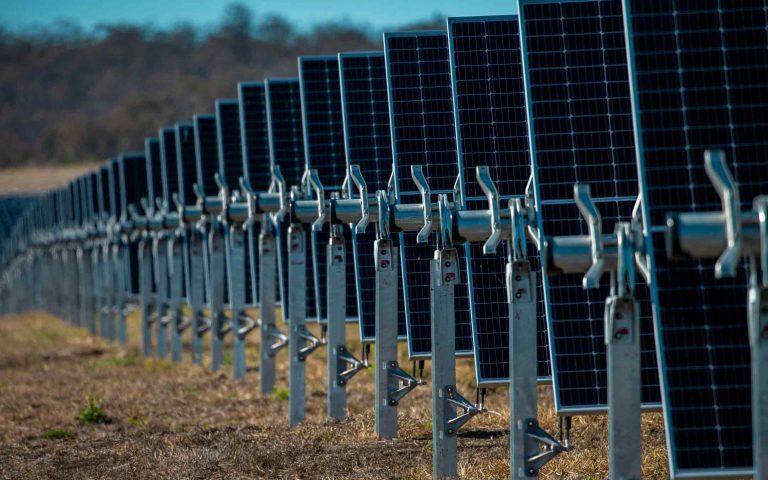

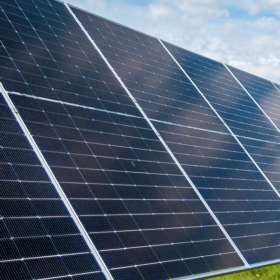


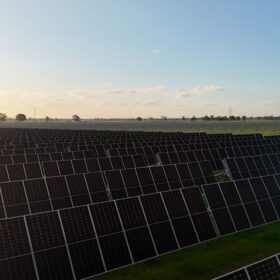
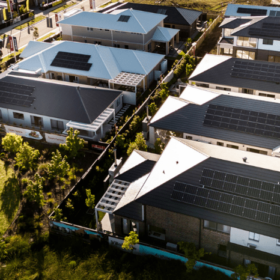
By submitting this form you agree to pv magazine using your data for the purposes of publishing your comment.
Your personal data will only be disclosed or otherwise transmitted to third parties for the purposes of spam filtering or if this is necessary for technical maintenance of the website. Any other transfer to third parties will not take place unless this is justified on the basis of applicable data protection regulations or if pv magazine is legally obliged to do so.
You may revoke this consent at any time with effect for the future, in which case your personal data will be deleted immediately. Otherwise, your data will be deleted if pv magazine has processed your request or the purpose of data storage is fulfilled.
Further information on data privacy can be found in our Data Protection Policy.